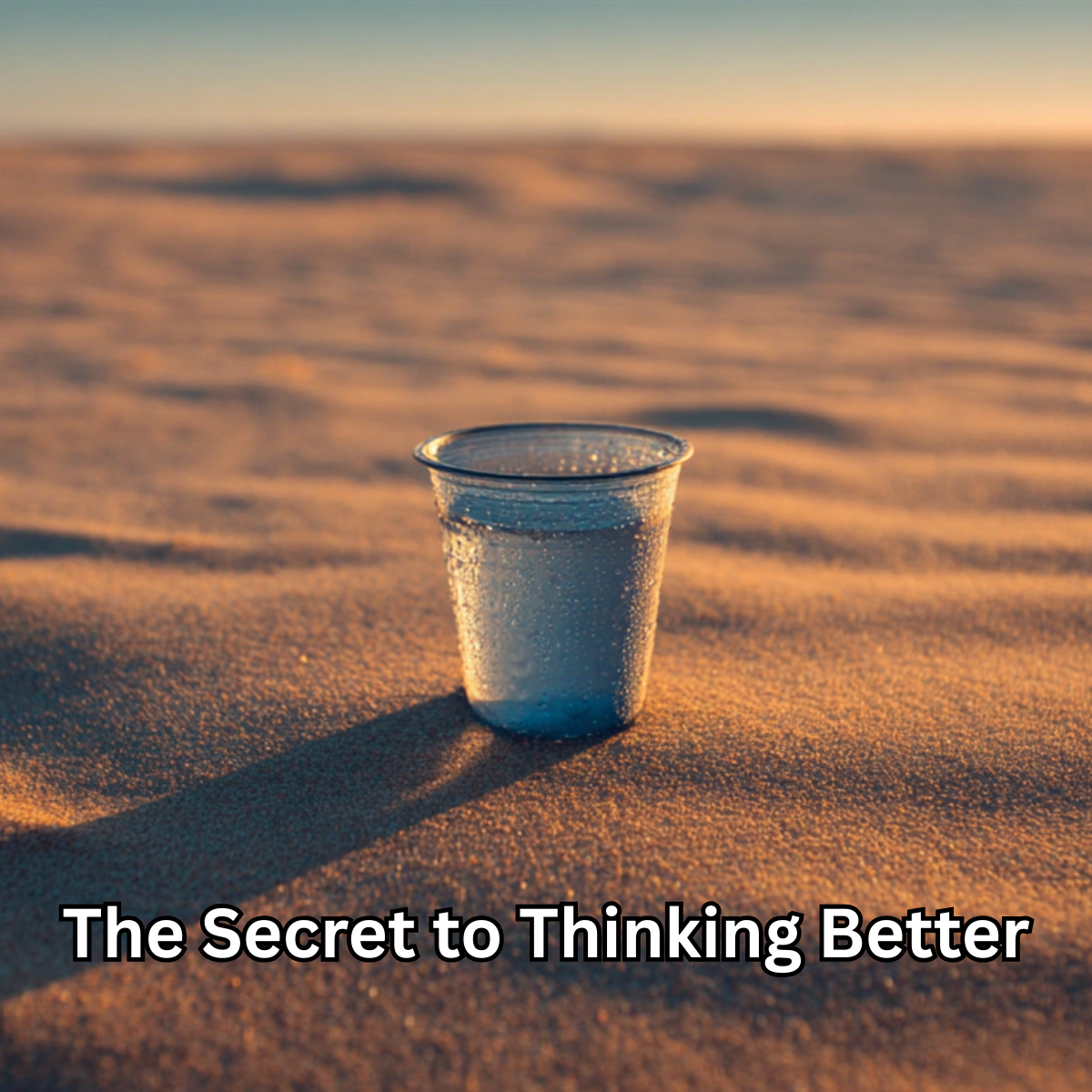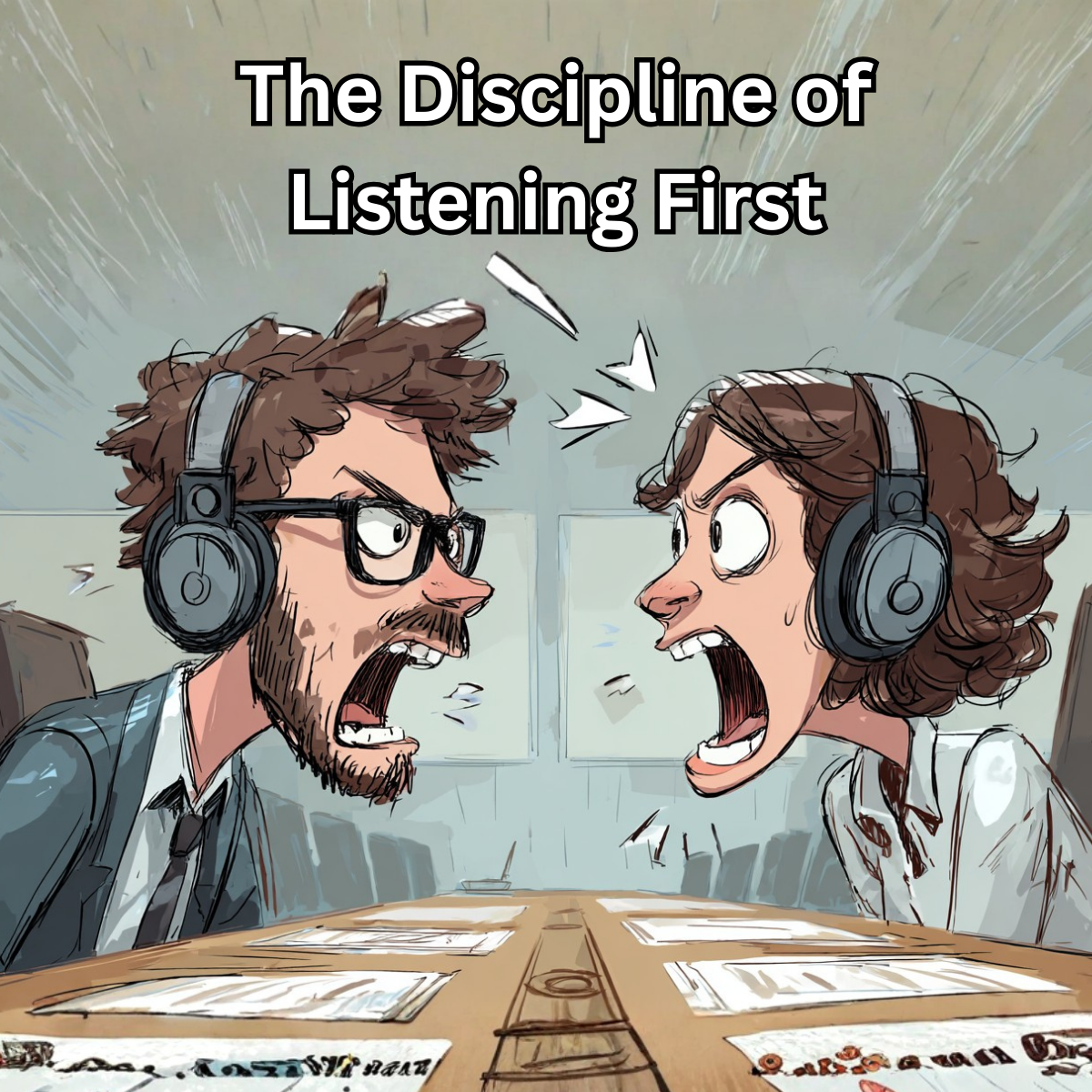A decent idea executed well is infinitely more valuable than any number of ideas that are never attempted. Through the course of my career, I have seen this concept repeat over and over. While many of us sit around debating the merits of an idea, there will be one person who takes an idea and turns it into a process, a method, and then a business. We must conclude that there is little to no intrinsic value in an idea alone. All the value comes from building, creating, and forming the idea into a process that can generate value. It is the building that creates value, not the idea by itself.
The Real Estate Example
Take a broken-down old property in a high-rent area of your hometown. You might look at that property and come up with the idea of fixing it up and reselling it to earn some money. That is an idea, but the property still sits there, condemned and unusable. Someone needs to come along, buy that property, invest money into it, fix the many issues, and prepare that property for resale. This will be a risk, and certainly, there will be more than one problem to tackle. Once the property is restored and functional, it will sell at the market rates for that neighborhood. So, what caused the value increase? The idea or the execution? Clearly, in this example, the person who took the risk, fixed the issues, and restored the property was the value creator. This example illustrates how simple this concept is.
Ideas Versus Execution in Our Lives
However, it is not that simple when looking at other aspects of our lives. We put a lot of stock into ideas. We spend significant time wrangling with idea candidates, making little progress because we stand still in our process of evaluating the potential of ideas. Let’s consider a much more difficult example: marriage.
Marriage: An Idea vs. Execution
I can look at my grandparents, for example, who were married for almost 70 years before my grandfather passed away. You can look at the end result of their marriage and see a tremendous amount of value that came out of their lives: a great extended family, grandchildren, assets generated, businesses founded, and countless friendships and associations. Certainly, the idea of them getting married was not viewed the same way. A young couple, right before my grandfather was being shipped off to war, getting married with barely two cents to rub together. They had nothing and barely knew each other. The idea of a lifelong marriage was not even a conception. There was little value built in this relationship at all. The value came, over time, as the couple worked out all the various challenges with raising a family, starting a business, and figuring out how to make things work. So, when and where does the value come in a relationship?
I have talked to some young men who are clearly looking for the value up front. They want to find the perfect girl who brings the most value to them. So, they will delay, test the waters, even live with a girl for years, hoping to find enough value to warrant them making such a risky and expensive commitment. This is an extreme example but illustrates the point. The idea of being married to someone is never going to hold any intrinsic value. The value comes after years, decades, a century of executing a marriage. Then comes the value. Ideas are just like marriage candidates. We can spend a lot of time weighing all of the options and considerations and never generate any value at all. You only get the value after you commit and stick with it for a considerable length of time.
So, now you can look at any aspect of life. That new home you are looking at, that new investment you are considering, that new job you want to accept. All of these are just ideas, and they hold zero value until you actually commit to them. Once you commit and start putting work toward the idea, then you can start to realize value. We are impatient fools, really. We all expect to see the value up front when that just never happens. Value is built. Value is earned. Value can only start to accumulate once you commit.




